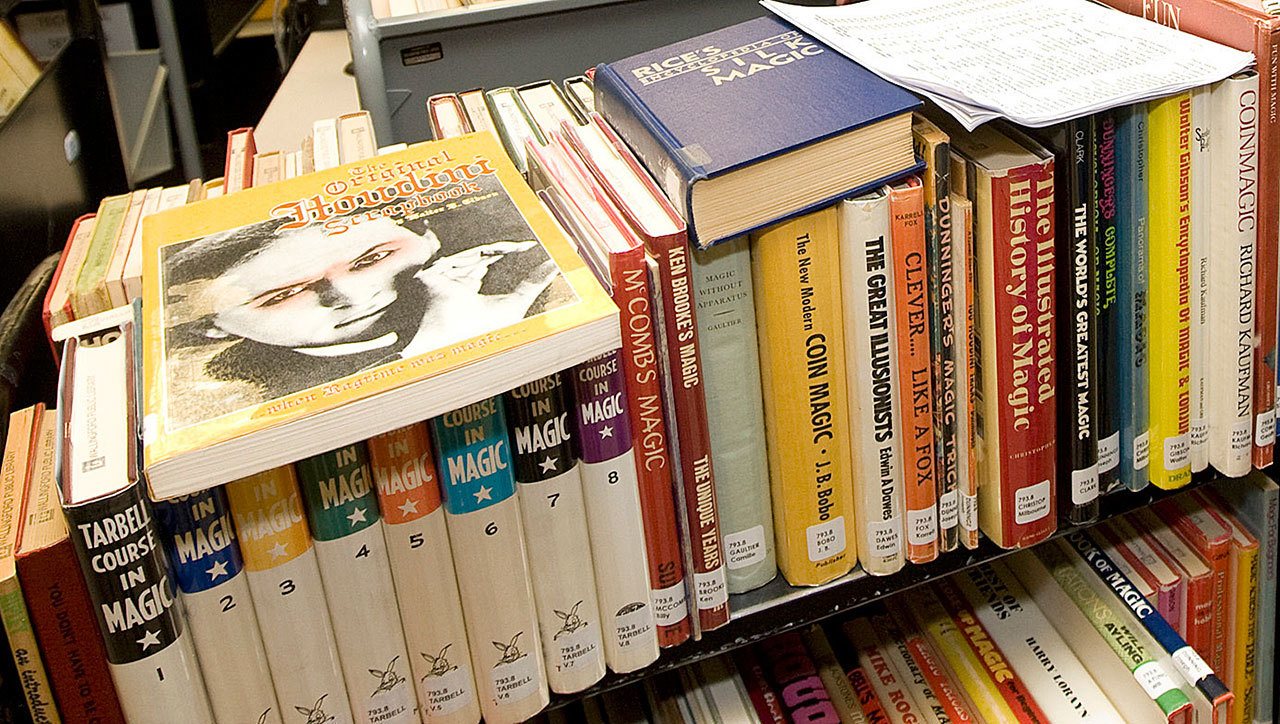Orlando Sentinel
SORRENTO, Fla. — Chuck Finley appears to be a voracious reader, having checked out 2,361 books at the East Lake County Library in a nine-month period this year.
But Finley didn’t read a single one of the books, ranging from “Cannery Row” by John Steinbeck to a kids book called “Why Do My Ears Pop?” by Ann Fullick. That’s because Finley isn’t real.
The fictional character was concocted by two employees at the library, complete with a false address and driver’s license number.
After allegations by an unidentified person made in November, an investigation by the Lake County clerk of courts’ inspector general’s office concluded that Finley was a fake, and the county has since requested a systemwide audit of its libraries.
The goal behind the creation of “Chuck Finley” was to make sure certain books stayed on the shelves — books that aren’t used for a long period can be discarded and removed from the library system.
George Dore, the library’s branch supervisor who was put on administrative leave for his part in the episode, said he wanted to avoid having to later repurchase books purged from the shelf. He said the same thing is being done at other libraries, too.
If true, that could be a problem.
That’s because nine city-run libraries that are part of the Lake County library system and receive a percentage of their funding based on circulation levels. The system is a cooperative with centralized cataloging and check-out privileges for residents at any library, among other benefits.
Jeff Cole, director of the Lake County Public Resources Department that oversees library services, wouldn’t comment on whether other libraries were involved in similar book-checkout schemes, which could increase funding at city-operated libraries that are part of the co-op.
“I think we’d have to evaluate it if the (allegations) bear out,” he said.
Just under $1 million goes to the city libraries every year from the county based on circulation.
However, the six county libraries — including the East Lake County Library — don’t get a cut of that, so there was no financial motive in the book-checkout spree.
Dore and library assistant Scott Amey created “Chuck Finley” simply to save certain books from being ditched at the library, according to Dore and inspector’s general’s notes.
Records show that dozens of books were checked out and then checked back in again all in the same hour.
The fictional Chuck Finley was named after “a ballplayer,” according to the inspector’s notes. Chuck Finley is a retired major league baseball pitcher who played mostly for the California and Los Angeles Angels during a 17-year career.
Dore said in interviews with the inspector general’s office that it was happening elsewhere but didn’t provide specifics.
“He did know that other libraries have had ‘dummy’ patron cards and institutional cards,” according to the interview notes. “There was a lot of bad blood between the libraries because of money wars.” The inspector general’s report said creation of a fake library card “amounts to the creation of a false public record.”
The East Lake County Library increased its circulation by 3.9 percent through “Chuck Finley’s” prolific checking out of books.
Dore was recommended for termination by the inspector general’s office. He is on paid administrative leave and could keep his employment pending a review.
On the discipline form recommending him for termination, Dore wrote: “I find this termination to be an overreaction to an action that had only one purpose and that was to save items for potential patron’s use. It also saved county budgeted money by not having to repurchase these … items.”
Cole said the library services division works with the branch libraries on the weeding process.
“But the general rule of thumb is that if something isn’t circulated in one to two years, it’s typically weeded out of circulation,” he said.
Library assistant Scott Amey, who was reprimanded but not fired, came up with the idea for “Chuck Finley.” Reached by phone, he directed questions to the Lake County communications department.
Talk to us
> Give us your news tips.
> Send us a letter to the editor.
> More Herald contact information.

























